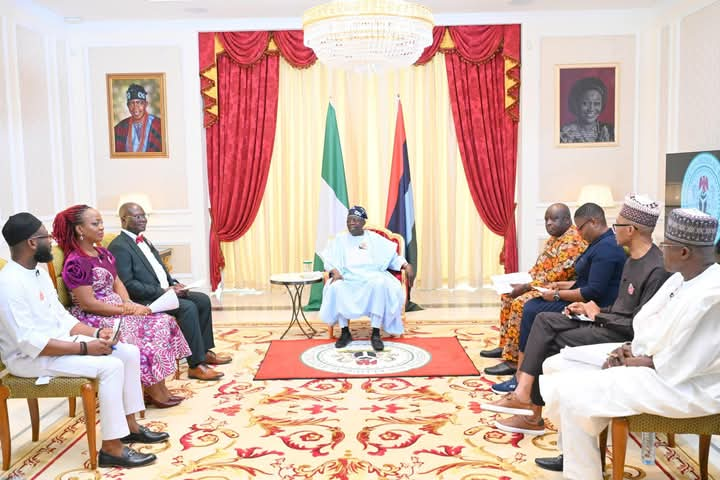By High Chief Peter Ameh
NIGERIA’S current state of affairs is a stark reminder that the country’s biggest challenge lies not in its economic or security issues, but in the mindset of its citizens. The tendency to normalise and even justify blatant wrongdoing, such as election rigging and human rights violations, is a disturbing trend that undermines the country’s progress.
The recent policies implemented by President Bola Tinubu’s administration have been met with scepticism by many well-meaning Nigerians, and rightly so. The irrational and impulsive approach to the removal of fuel subsidies, for instance, has led to a significant increase in transportation costs, with prices of petrol averaging N750 per litre. This has had a devastating impact on the country’s food security, particularly in the northeast, northwest, and north-central regions.
Furthermore, the government’s claims of addressing insecurity, inflation, and human rights issues have been contradicted by reality. The daily kidnapping of Nigerians is a stark reminder that insecurity remains a significant challenge. Similarly, the inflation rate has risen to 33.20 percent, and the government’s efforts to address human rights violations have been inadequate, as evident in several incidents across the country.
The President’s assertion that debt servicing has been reduced to 68 percent is misleading, as the country’s debt has ballooned to 134 trillion from 87 trillion in just 20 months! This has resulted in a significant portion of the budget being allocated to debt servicing, leaving only 33.2 trillion for recurrent and capital expenditures.
The government’s claims of investing in Compressed Natural Gas (CNG) and attracting foreign direct investment (FDI) have also been questioned. The rollout of CNG buses has been delayed, and the cost of transportation remains high. Similarly, the government’s claim of bringing in 25 billion in FDI has not been substantiated.
President Bola Tinubu’s presidential media chat has been criticised for being more of a softball arrangement and I totally agree with those comments that it was lacking in substance and facts. It is a fact that the media chat prioritised rhetoric over reality, failing to provide a genuine and transparent assessment of the administration’s performance.
A closer look at President Tinubu’s national broadcast on the 64th Independence Anniversary reveals a mix of promises, accomplishments, and acknowledgements of challenges. While the speech highlighted some of the administration’s efforts at addressing economic and security issues, our viewpoint remains that it fell short of providing concrete evidence and data to support these claims.
The criticism of President Tinubu’s media chat is not isolated, as someone who also analyzed his inaugural speech, identifying linguistic politeness strategies that may have been employed to convey a positive tone. However, this does not necessarily translate to a comprehensive and factual representation of the administration’s policies and achievements.
When all is said and done, the effectiveness of President Tinubu’s media chat was perceived by many concerned Nigerians as a missed opportunity by the president to clearly articulate and communicate his administration’s vision and priorities to the public. A majority see it as a missed opportunity to provide a more nuanced and fact-based assessment of the country’s progress.
Nigeria’s problems run deeper than its economic and security challenges or the inability of its leaders to meet the challenges of the country. The country’s biggest obstacle is the mindset of its citizens, who have become desensitised to wrongdoing and have lost faith in their leaders. Until this mindset changes, Nigeria’s progress will remain elusive.
In summary, leaders often deceive because citizens, through their silence and loyalty to religious, regional, and political affiliations, inadvertently enable them. This culture of silence and blind loyalty can be detrimental to a nation’s progress, as it allows leaders to act with impunity. When citizens fail to hold their leaders to account, they essentially give them a free pass to lie, manipulate, and prioritise their own interests over the nation’s well-being. This phenomenon is exacerbated by the fact that citizens often vote along party, ethnic, or religious lines, rather than based on a leader’s competence or integrity. It is up to citizens to break this culture of silence and demand transparency and accountability from their leaders.
•High Chief Peter Ameh is the National Secretary of the Coalition of United Political Parties (CUPP) as well as the former National Chairman of the Inter-Party Advisory Council (IPAC).
Eighteen-Eleven Media


